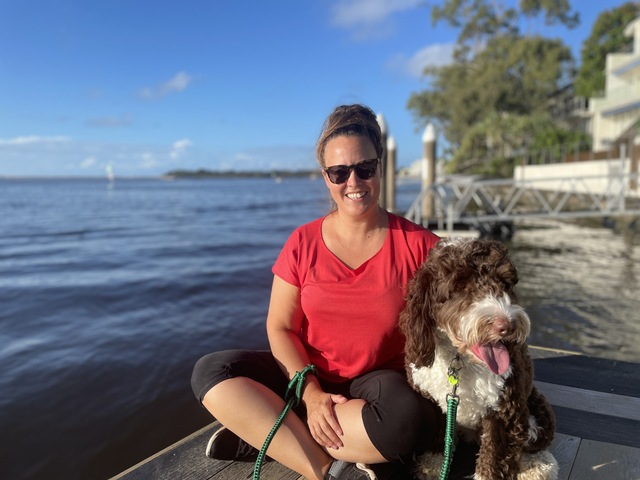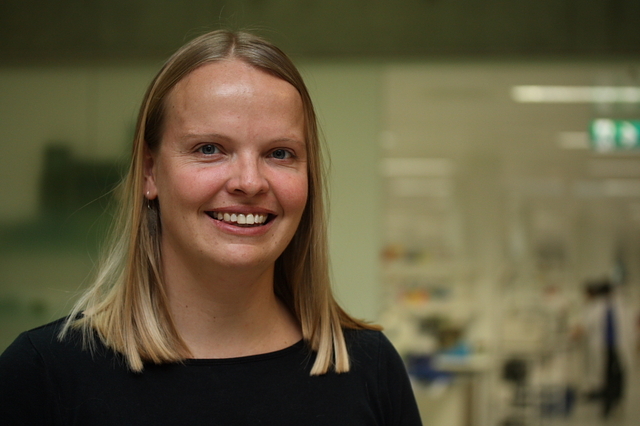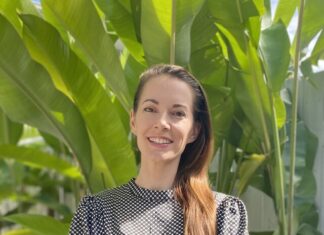Jo Yates, a Noosa-based ovarian cancer survivor, is raising awareness about the urgent need for research on ovarian cancer, often referred to as the ‘silent killer’. Despite being the deadliest gynaecological cancer, ovarian cancer is an underfunded area of research and lacks a screening test.
As we approach Gynaecological Cancer Awareness Month and Women’s Health Week in September, Jo’s story serves as a powerful reminder of the importance of early detection and increased funding for this deadly disease.
At the age of 42, she received a shocking ovarian cancer diagnosis during a routine pap smear. Both of her ovaries were affected, necessitating an immediate hysterectomy.
Reflecting on her experience, Jo recalls the moment her doctor asked if she wanted to keep her cervix and uterus, only to inform her of the impending menopause. She said: “I experienced pain after sex, bloating, felt full too quickly, and was going to the bathroom more often, but I had put it down to other things. When you look at it all together, they’re all symptoms of ovarian cancer.
“I hadn’t planned on having kids but knowing that option was taken from me was devastating.”
This life-altering event has fuelled her determination to advocate for more research and awareness surrounding ovarian cancer.
“It’s bizarre that ovarian cancer is not as funded or talked about (as other cancers such as breast cancer) maybe because it is taboo. But it shouldn’t be that way,“ she said.
Recognising the urgent need for funding and progress in ovarian cancer research, Cure Cancer has funded researchers like Professor Caroline Ford, who is developing an early detection test for ovarian cancer.
“The majority of ovarian cancer patients are diagnosed when the cancer has already spread to other organs, making surgery and treatment difficult,“ Prof Ford said. “We’re aiming to develop a sensitive and specific test to detect ovarian cancer at the very earliest stage, when curative surgery is possible. There is an international army of committed ovarian cancer researchers out there collaborating on research and working hard to improve the situation.“
Cure Cancer is dedicated to backing brave thinking and kick-starting new ideas in cancer research. By funding the top one per cent of bright new projects led by the most brilliant minds in science, they contribute to saving millions of lives.










